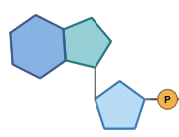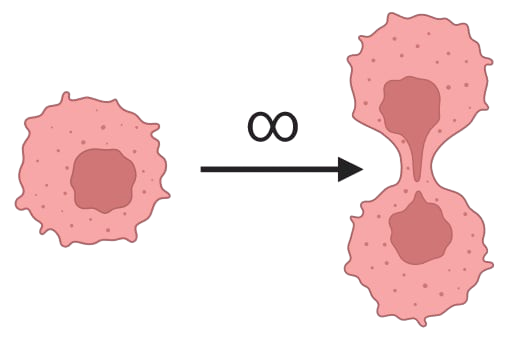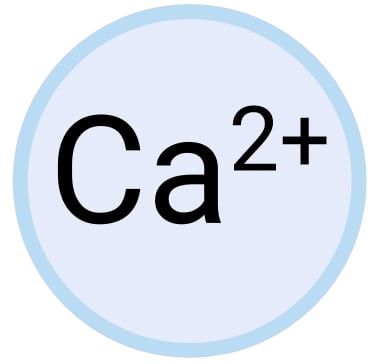OUR RESEARCH
Understanding how signaling, particular gene(s) and metabolic regulation shape the development and functionality of normal, and atypical or malignant cells, and how this regulation can be therapeutically manipulated to treat human diseases of metabolic constraints.
Cell membrane transporters in the control of nucleotide synthesis in cancer
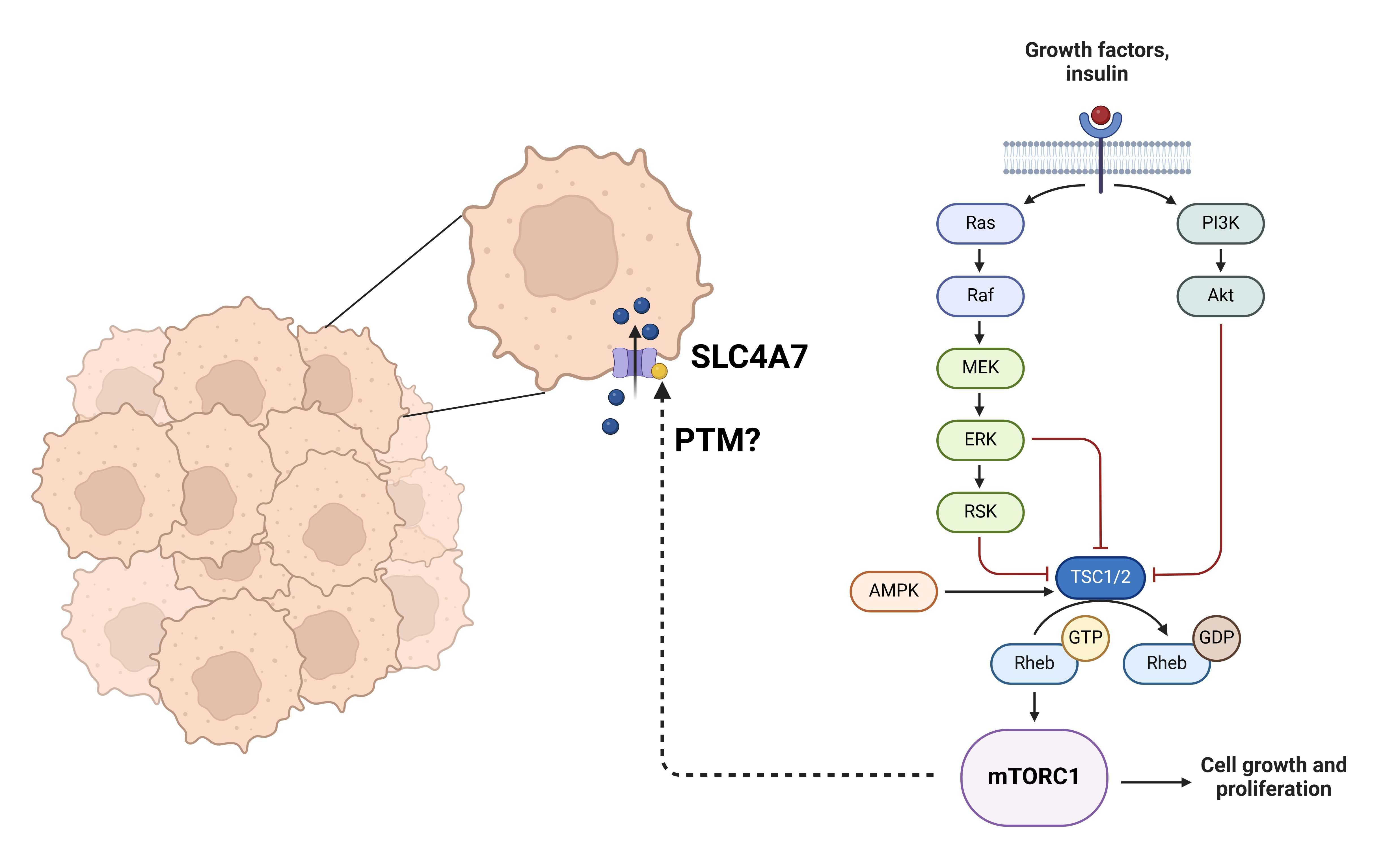
By facilitating the movement of metabolites and ions between the intra- and extracellular space, solute carriers (SLCs) or other transporters essentially play a fundamental role in controlling the metabolic network of the cell. Our research in this area covers: (1) Defining the mechanisms explaining the specific influence of HCO3- transporter SLC4A7 on nucleotide metabolism, (2) Understanding the role of SLC4A7 in nucleotide metabolism in in vivo pathological conditions, (3) Investigating whether SLC4A7 implicates a metabolic vulnerability in cancer.
Identification of novel key regulators of nucleotide or lipid synthesis in cancer
Our lab is striving and developing technology to identify new nucleotide or lipid synthesis regulators in lung cancer, brain tumor, liver steatosis or obesity-associated cancers. For this, we use methodological tools like: (1) Genome-wide CRISPR Loss-of-function Screening Tool , (2) Metabolic Modulator-based Screening , (3) Metabolic Coessentiality Mapping.
Cellular metal ion(s) regulating nucleotide and lipid metabolism in obesity and cancer
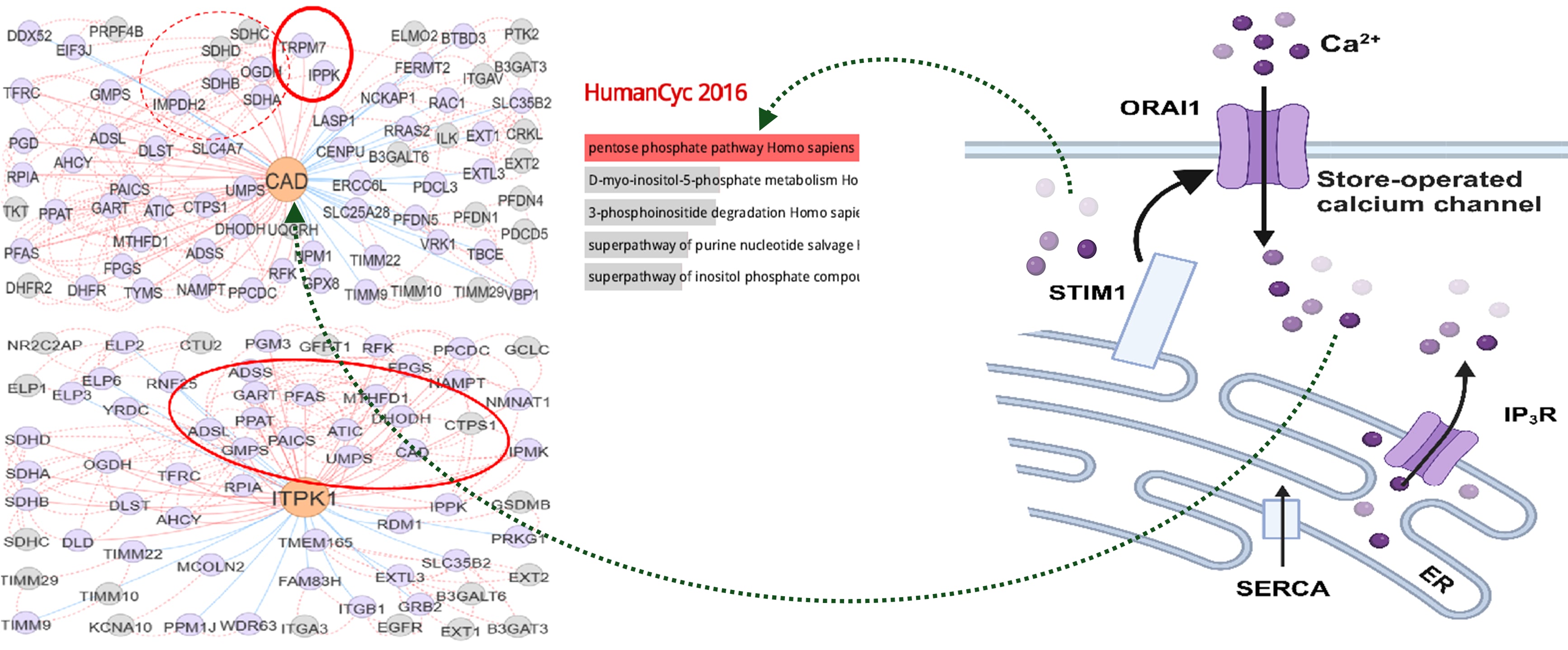
Intracellular ions play an important role in cellular metabolism as revealed by the large variety of biochemical reactions in which they participate. Although Ca2+ is known to be a catalytic determinant in prebiotic synthesis of pyrimidine and purine, and a universal cellular messenger, very little is known about the Ca2+-dependent regulation of nucleotide metabolism in cancer. Using various screening approaches, we aim to identify cellular ions or their associated proteins/pathways involved in nucleotide or lipid metabolism. Our lab is also working towards: defining how Ca2+-dependent kinase regulates nucleotide metabolism, and defining whether Ca2+-dependent kinase involves a nucleotide or lipid metabolic liability in cancer.
"Acknowledgment: We greatly acknowledge the support and help provided by many wonderful mentors and collaborators, including the members of the Issam Ben-Sahra Lab, Greg Barritt Lab, Göran Widmalm Lab, Eunus Ali Lab, Nikolai Petrovsky Lab and Atique Ahmed Lab.
This website was developed, in part, by Reduan Hossen. Some images were prepared with the help of Biorender platform."
